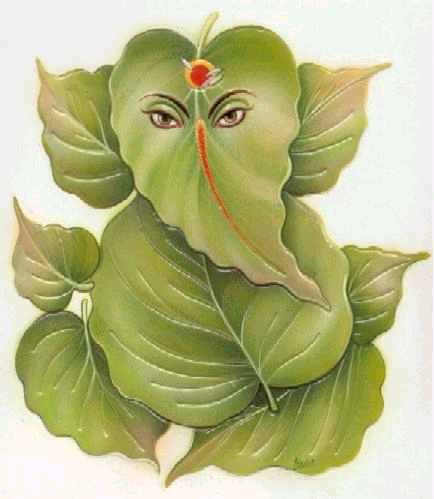The Rahu-Ketu Axis and Unstable Career
The axis of Rahu and Ketu occurring in the fourth and tenth houses in a horoscope is one of the worst situations as far as profession is concerned. Irrespective of which planet (Rahu/Ketu) being posited in the tenth, the professional life of the native will suffer.
Rahu’s position in tenth house causes one to have frequent changes in his career. Such natives are much aggressive in their professional life. They seldom listen to others opinion and have strained relation with the co workers. They can be very impulsive which may lead them to making many a hasty decisions in career.
Rahu’s position in a fiery sign (Aries, Leo and Sagittarius) in the tenth house: Rahu is an aggressor and when he gets posited in a fiery sign, his flares burn high. This will lead to native always getting in to adverse situations in the work place. He will have frequent arguments with his co workers and superiors. He will never care others word. He will quickly get bored with his work. He will work hard but most of his hard work would go unnoticed. Such natives may not change the line of profession frequently but change in the job is certain. Business men with this combination will seldom find success since they will never maintain good relation in their business circle. Their success in life will be only in patches.
Rahu position in a watery sign (Cancer, Scorpio and Pisces): Rahu is less malefic than being located in a watery sign being posited in a fiery sign. The reason behind it is that Rahu will never attains much power in a watery sign like a fiery sign. But still Rahu will cause damage as much as possible because Rahu is uncomfortable in watery signs. In Pisces, Rahu is less harmful because Jupiter has a calming influence over Rahu as the depositor lord.
The natives with Rahu in the 10th house in a watery sign will have fewer changes in career but they tend to suffer more in their jobs. Such natives have a sense of frustration in their career and do not see many opportunities for change.
Rahu’s position in the tenth house in an earth sign (Taurus, Virgo and Capricorn): Earth signs signify patience and practical approach. This influence on Rahu provides stability in career. Also, Rahu maintains a good relation with only a few planets and Venus and Mercury are among them. That’s the reason why Rahu is a less of a trouble in Taurus and Virgo. Such natives also may face some problems in their professional life and have the tendency to change jobs but will always hold their nerves with practical approach to the situation. Also they will have an attitude of seeing things from an angle of enjoyment and cooperation which will always help them stand strong even at the odd periods.
Rahu’s position in the tenth house in an airy sign (Gemini, Libra and Aquarius): In airy signs Rahu is most comfortable and causes least trouble. Once again two of the three airy signs Gemini and Libra are owned by Mercury and Venus who are friendly to Rahu. In Aquarius Rahu does not behave properly since the sign is owned by Saturn and the combination of Rahu-Saturn is always bad influence. Moreover most of the schools of astrology are of the opinion that for Rahu, Gemini and Virgo are like own houses. Taurus is considered Rahu’s exaltation sign. In practice, this has indeed been found to be true.
If Ketu is located in the tenth, then the native tends to suffer humiliation and hardship in their work life. The native will always find it difficult to enjoy their work because most likely he/she will be caught in a line of profession which is not the line of interest. But what makes Ketu’s case different is that such people will keep their frustrations and uneasiness unexpressed for long and then end it with a disastrous move. Unlike Rahu in the tenth, these people will not try to bring in a change in their career, but will ruin it by keep continuing at the same place and the performance going down each day, one day at a time. If Rahu forces one to have changes in the professional front even for no apparent reason, Ketu holds one from even reacting to adverse situations. And at last when they take a decision it will be pretty bad.
The transits of Rahu and Ketu are also adverse for career. Whenever the transit of either Rahu or Ketu has reference to the meridian point, there is tension in profession. A close examination however reveals that the transit of Ketu over the 10th house creates more trouble than than of Rahu. A transit of Rahu or Ketu over the natal 10th, either from Lagna or Moon, along with an influence of transit Saturn by the means of yoga or aspect, the situation gets worsened.
